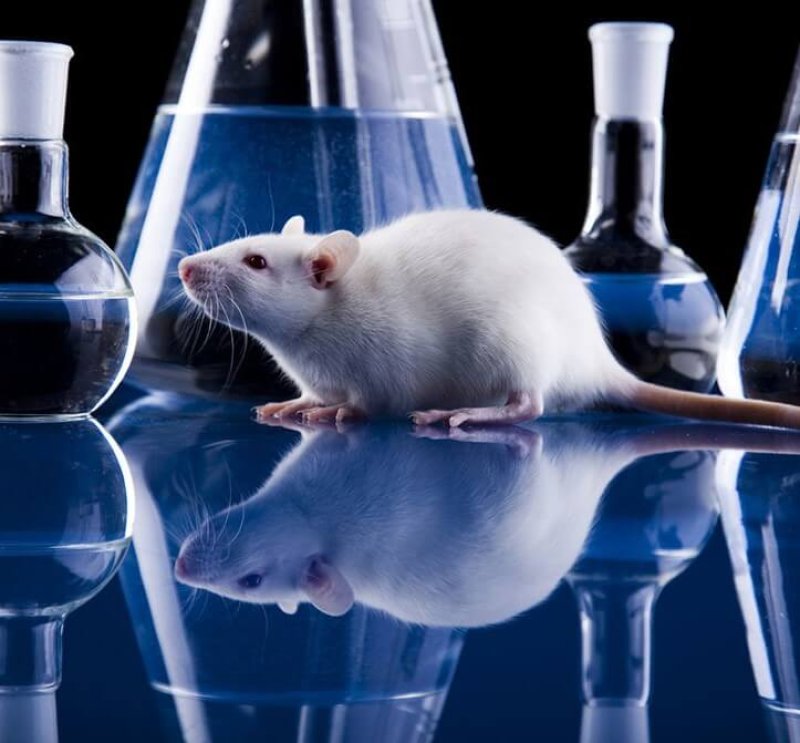“Cancer has been cured a thousand times.”
So says Christopher Austin, the director of the National Center for Advancing Translational Sciences (NCATS) at the National Institutes of Health.
When the hundreds of different drugs that made mouse tumors disappear were carried forward to human trials, they went in and came out without doing what they promised. Or worse, they turned out to be toxic.
The failure of drugs and procedures to translate from animal models to humans plagues the entirety of medical research. An astounding 90 percent of drug trials never make it from the first phase of development to FDA approval, and the humble lab mouse shoulders much of the blame.
…
We share more than 97 percent of our working DNA with mice…While we share many fundamental biological processes,…[the] 3 percent of the genome that sets us apart from mice can have a big influence on how our bodies work.
…
CRISPR-ing mice into ideal research models could offer a powerful solution…by narrowing the genetic divide between humans and their animal stand-ins…[But] we still don’t know exactly what makes a mouse tick.
…
Mice may not always be the perfect model for understanding our own bodies, but they do hold real value to researchers…The crux of the issue may be that researchers need to be more critical as they evaluate the type of model that is best for their experiment, instead of resorting immediately to what has worked before.
The GLP aggregated and excerpted this blog/article to reflect the diversity of news, opinion, and analysis. Read full, original post: Is It Time for Medicine to Ditch Lab Mice?































